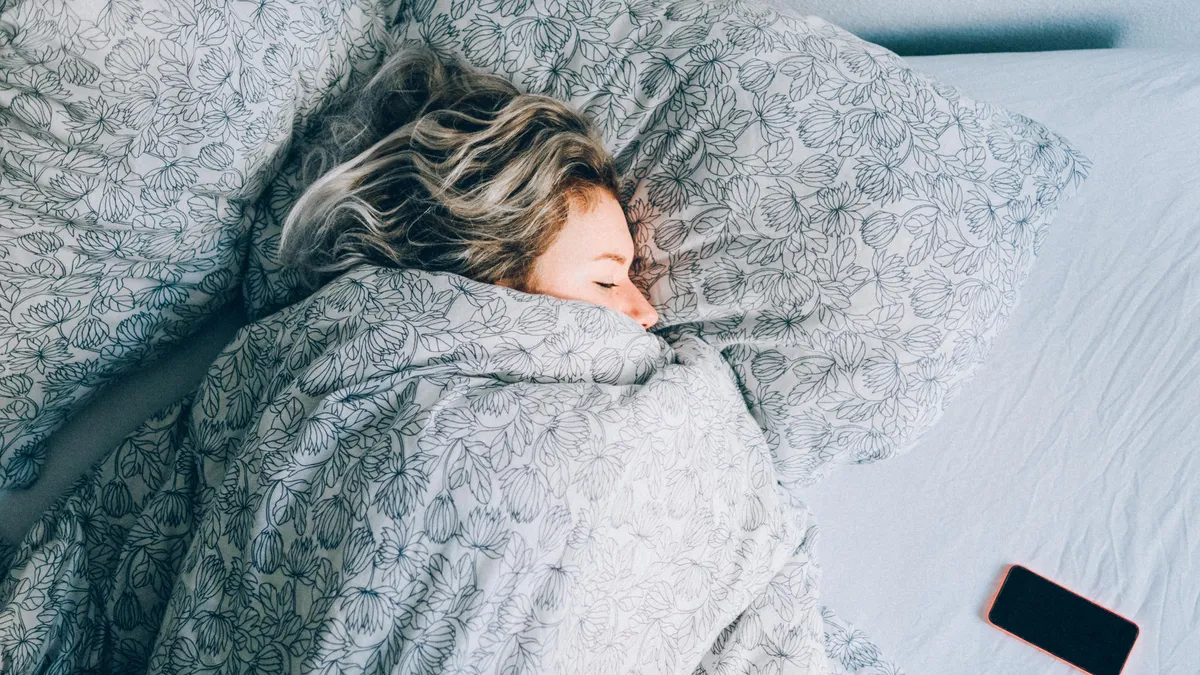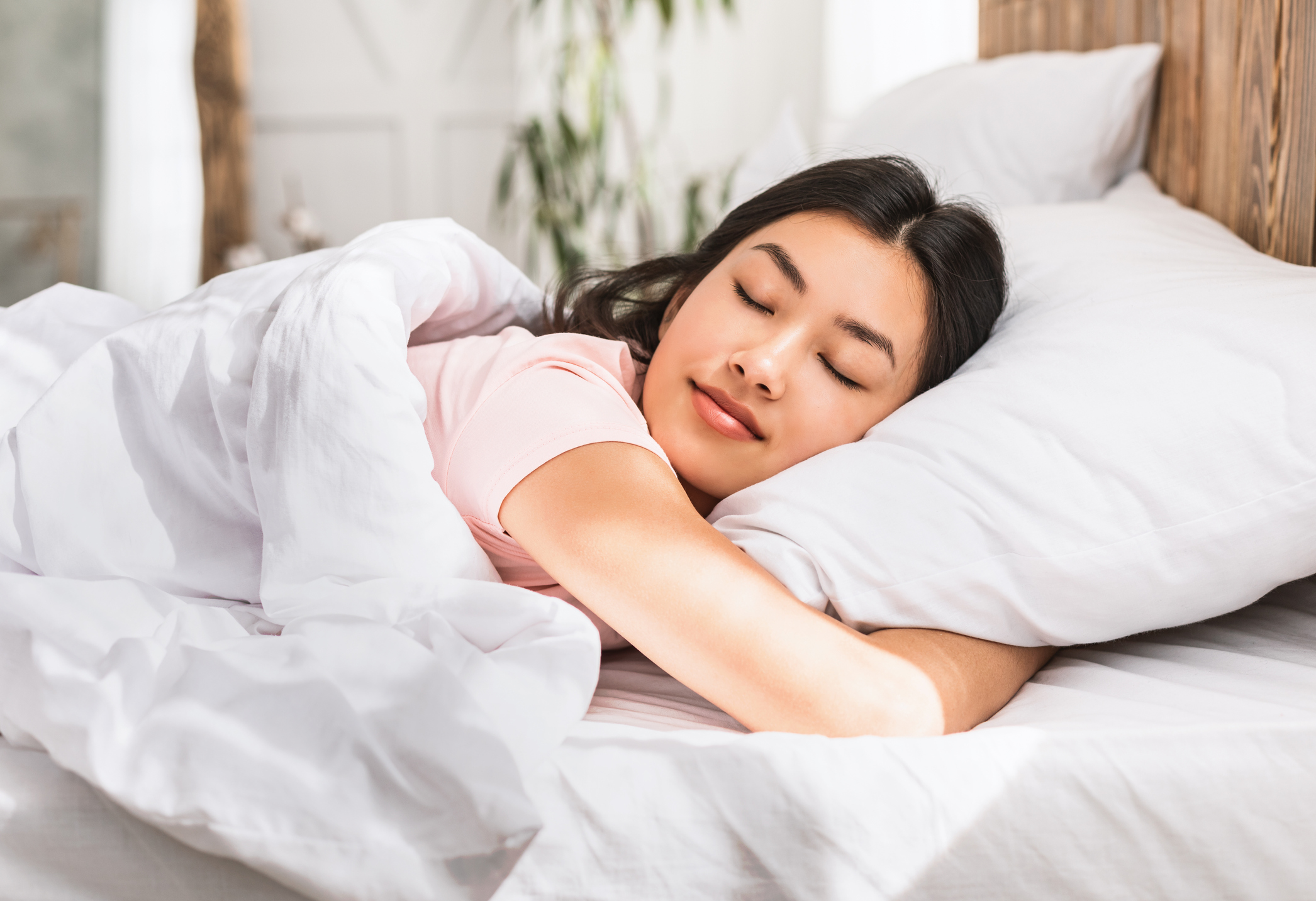Sleep hygiene encompasses the practices, habits, and environmental factors critically shaping the quality and quantity of sleep. Despite being a fundamental aspect of health, many overlook the importance of proper sleep hygiene, leading to an array of sleep-related disorders and a decrease in overall well-being. Adequate sleep hygiene promotes not only restfulness but also enhances daily functioning and long-term health. Understanding and implementing effective sleep hygiene can significantly improve one's life, offering clarity, energy, and an improved mood. This segment will delve into the essential elements that contribute to a conducive sleep environment and habits that foster a rejuvenating night's rest.
Understanding the Importance of Quality Sleep

The significance of quality sleep extends beyond merely feeling rested. It plays a crucial role in physical health, brain function, and emotional well-being. During sleep, the body undergoes various processes essential for healing and repair, while the brain consolidates memories and processes information from the day. Lack of quality sleep, on the other hand, can lead to a host of problems, including impaired cognitive function, mood swings, weakened immune system, and increased risk of chronic diseases such as obesity, diabetes, and cardiovascular disease. Understanding the profound impact of sleep on overall health is the first step toward prioritizing and improving sleep hygiene for enhanced life quality.
Essential Components of Sleep Hygiene
Effective sleep hygiene consists of several components that contribute to a restful night's sleep. These include maintaining a consistent sleep schedule, creating a bedtime routine, and ensuring the sleep environment is conducive to rest. Factors such as temperature, noise, and light in the bedroom can significantly impact sleep quality. Additionally, lifestyle choices such as diet, exercise, and screen time before bed play critical roles in sleep health. By addressing these essential components, individuals can create an optimal sleep environment and establish habits that promote consistent, uninterrupted sleep, paving the way for improved daily functioning and overall health.
Tips for Improving Sleep Hygiene
Improving sleep hygiene requires a multifaceted approach, incorporating changes to both behavior and environment. Simple yet effective tips include setting a regular bedtime and wake-up time, limiting exposure to screens before bed, and avoiding caffeine and heavy meals close to bedtime. Creating a pre-sleep routine that may involve activities such as reading, meditation, or taking a warm bath can signal to the body that it's time to wind down. Additionally, ensuring the bedroom is dark, quiet, and cool can significantly improve sleep quality. These actionable tips can help individuals transition to a more restful and restorative sleep pattern.
Creating a Relaxing Sleep Environment

The sleep environment plays a pivotal role in the ability to fall and stay asleep. Factors such as room temperature, noise levels, and bedding can all impact the quality of sleep. A relaxing sleep environment is cool, quiet, and dark, promoting a sense of calm and making it easier to fall asleep and stay asleep throughout the night. Investing in a good quality mattress and pillows, using blackout curtains, and reducing noise pollution are all steps that can lead to a more conducive sleep setting. By creating a sanctuary dedicated to sleep, individuals can enhance their sleep hygiene and enjoy a more restful night.
Establishing Healthy Sleep Habits
Establishing healthy sleep habits is crucial for improving sleep hygiene and overall well-being. This includes sticking to a consistent sleep schedule, even on weekends, to regulate the body's internal clock. Avoiding stimulants such as caffeine and nicotine close to bedtime, as well as heavy or large meals, can also contribute to better sleep. Engaging in regular physical activity, but not too close to bedtime, can help promote more restful sleep. Additionally, limiting daytime naps and managing stress through techniques such as yoga, meditation, or deep breathing can improve sleep quality and duration.
Addressing Common Sleep Issues
Many individuals face common sleep issues such as insomnia, sleep apnea, restless leg syndrome, and a myriad of other disturbances that can significantly impact sleep hygiene and overall health. Understanding the nuances of these conditions and seeking appropriate treatment is crucial for improving sleep quality and promoting overall well-being. Insomnia, characterized by difficulty falling asleep or staying asleep, can stem from various factors such as stress, anxiety, depression, or lifestyle habits like irregular sleep schedules or excessive caffeine intake. Incorporating relaxation techniques such as deep breathing exercises, meditation, or progressive muscle relaxation before bedtime can help alleviate symptoms. Additionally, creating a conducive sleep environment by maintaining a comfortable temperature, minimizing noise and light, and investing in a supportive mattress and pillows can enhance sleep onset and duration.
Sleep apnea, a condition marked by interrupted breathing during sleep, poses significant health risks if left untreated. Continuous positive airway pressure (CPAP) therapy, the primary treatment for obstructive sleep apnea, involves wearing a mask connected to a machine that delivers a steady stream of air to keep the airway open during sleep. Lifestyle modifications such as weight loss, avoiding alcohol and sedatives before bedtime, and sleeping on one's side rather than the back can also help manage symptoms. Restless leg syndrome (RLS), characterized by uncomfortable sensations in the legs and an irresistible urge to move them, can disrupt sleep and lead to daytime fatigue. Lifestyle changes such as regular exercise, avoiding caffeine and nicotine, and establishing a consistent sleep schedule can alleviate symptoms. Additionally, practicing relaxation techniques and incorporating activities like yoga or stretching exercises before bedtime can help reduce RLS discomfort and improve sleep quality.
In some cases, medical intervention may be necessary to address underlying sleep issues. Consulting with a healthcare provider can help determine the most appropriate treatment plan tailored to individual needs. This may include prescription medications, cognitive-behavioral therapy for insomnia (CBT-I), or referral to a sleep specialist for further evaluation and management. Regularly assessing sleep patterns and monitoring changes in sleep quality is essential for identifying potential issues early on. Keeping a sleep diary can help track patterns and identify triggers for sleep disturbances. Open communication with healthcare providers and seeking support from sleep specialists or support groups can also aid in managing sleep issues effectively.
Prioritizing Sleep Hygiene for Optimal Wellbeing
In conclusion, sleep hygiene is a crucial aspect of maintaining health and well-being. By understanding the importance of quality sleep, addressing environmental and behavioral factors, and establishing healthy sleep habits, individuals can significantly improve their sleep hygiene. Prioritizing sleep leads to better physical, mental, and emotional health, enhancing overall quality of life. Embracing the principles of good sleep hygiene can transform one's sleep patterns and pave the way for a more energized, productive, and fulfilling life.